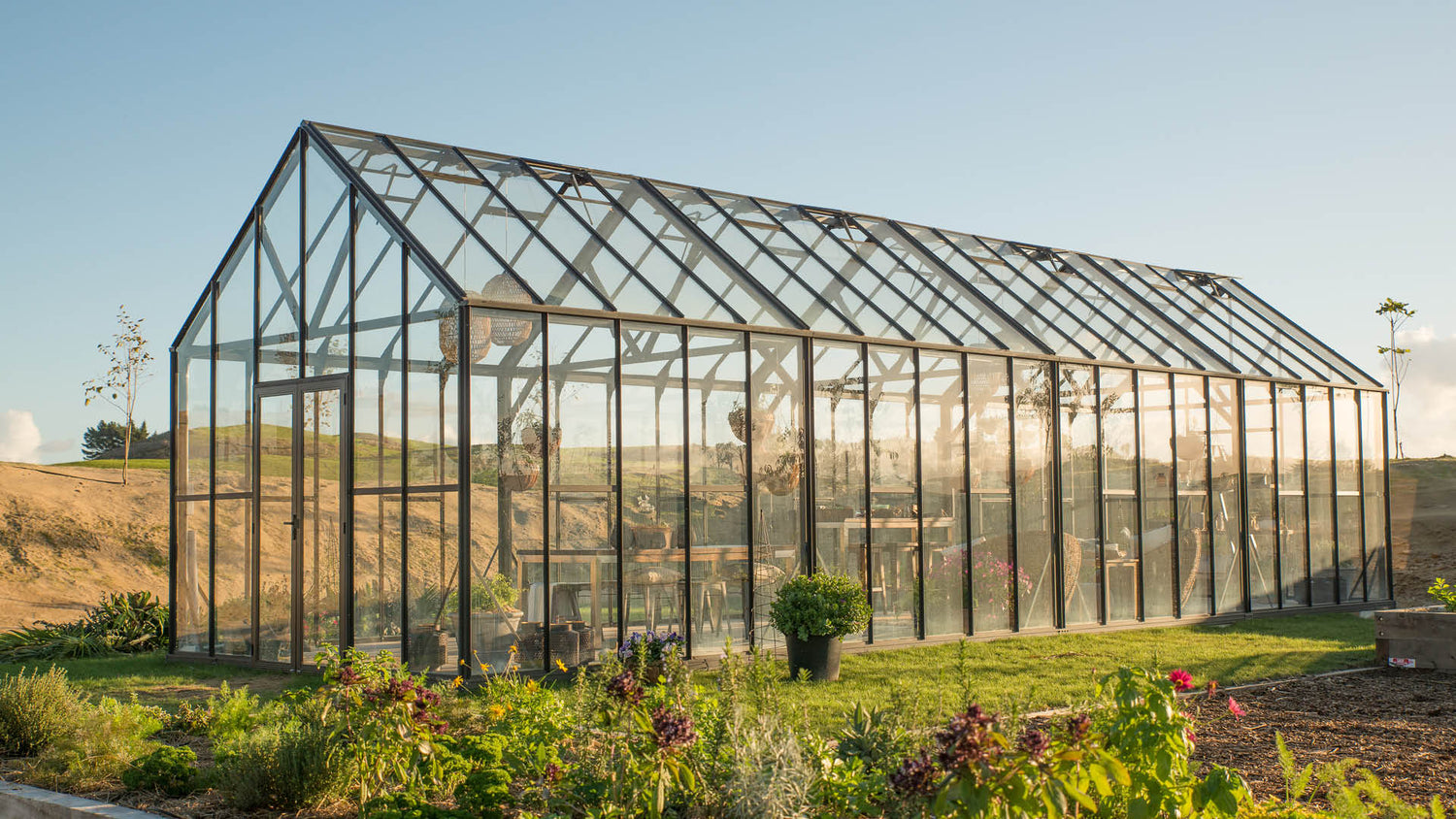Commercial Expanding Solutions: Monarch Commercial Greenhouse Utah Innovations
Wiki Article
Greenhouse Farming: Optimizing Crop Returns and Sustainability
Are you seeking to maximize your plant returns while promoting sustainability? Look no further than greenhouse farming. With controlled environments and reduced water use, greenhouse farming uses the ideal solution for year-round manufacturing of fresh produce. By utilizing the power of technology and lasting practices, you can ensure an abundant harvest while lessening your environmental effect. Discover the benefits of greenhouse farming and start profiting today!Advantages of Greenhouse Farming
Are you wondering what makes greenhouse farming so helpful? One of the major advantages of greenhouse farming is the capability to manage the atmosphere in which plants are grown.An additional advantage of greenhouse farming is the reduction in water usage. Greenhouses are developed to be water-efficient, with systems that record and recycle water, minimizing wastefulness. This is particularly essential in locations where water shortage is a problem. By utilizing water more successfully, greenhouse farming assists to save this precious source.
Furthermore, greenhouse farming enables for much better parasite and condition monitoring. With the regulated environment, it is easier to protect against and regulate the spread of illness and insects. This reduces the demand for unsafe chemicals, making greenhouse-grown crops more secure and more eco-friendly.
Additionally, greenhouse farming gives defense against severe climate events. Crops grown in greenhouses are secured from heavy rain, strong winds, and hailstorms, which can harm or destroy exterior plants. Monarch Decorative Greenhouse Utah. This defense ensures a more stable and reputable crop return, even during unforeseeable weather

Maximizing Crop Returns With Regulated Environments
To optimize crop yields in greenhouse farming, you can accomplish optimum results by controlling the atmosphere. One of the essential benefits of greenhouse farming is the ability to regulate these environmental variables, permitting you to tailor them to the specific demands of each crop. By carrying out these regulated environments, you can take full advantage of crop returns and attain consistent, high-grade fruit and vegetables throughout the year.Supporting Sustainability Via Greenhouse Farming
Take full advantage of sustainability in greenhouse farming by applying reliable source monitoring strategies. One vital facet of advertising sustainability is the management of water use. By implementing systems such as drip watering and recirculation, you can significantly reduce water wastage and ensure that every drop counts. Additionally, using natural and eco-friendly products for bug control and fertilization can help minimize ecological influence. Integrated Pest Management (IPM) techniques, as an example, entail using useful pests to manage insects, decreasing the demand for harmful chemicals. Power usage can be reduced by making use of sustainable energy resources, such as solar panels, to power greenhouse operations. This not just reduces reliance on nonrenewable fuel sources however also decreases greenhouse gas discharges. Correct waste administration is another crucial component in promoting sustainability. Applying recycling and composting systems can minimize the quantity of waste sent to land fills while likewise providing nutrient-rich compost for plant development. Finally, including sustainable techniques in greenhouse design, such as making explanation use of energy-efficient materials and enhancing all-natural lights, can additionally enhance sustainability. By embracing these source monitoring techniques, you can add to an extra sustainable future in greenhouse farming.Reducing Water Usage in Greenhouse Farming
By executing effective water management methods, you can substantially reduce water usage in greenhouse farming. In addition, monitoring and controlling the moisture levels inside the greenhouse can stop unneeded water loss. By adopting these water-saving methods, you can minimize water waste, preserve resources, and develop a more sustainable future for greenhouse farming.Year-Round Manufacturing of Fresh Produce in Greenhouses
Greenhouses give a regulated environment that permits you to grow plants regardless of the outside climate problems. Greenhouses can be equipped with home heating and Look At This cooling systems to preserve optimum temperatures for different plants. By carrying out these strategies, you can optimize the productivity of your greenhouse and appreciate a stable supply of fresh generate all year long.
Final Thought
In final thought, greenhouse farming offers numerous advantages for taking full advantage of crop yields and advertising sustainability. Furthermore, greenhouse farming enables for minimized water use, making it an ecologically pleasant option.One of the major benefits of greenhouse farming is the capacity to regulate the atmosphere in which crops are expanded.To make the most of crop returns in greenhouse farming, you can accomplish optimal outcomes by regulating the setting. One of the essential advantages of greenhouse farming is the capacity to control these environmental variables, enabling you to tailor them to the details demands of each crop.By executing efficient water monitoring methods, you can significantly lower i was reading this water usage in greenhouse farming.In conclusion, greenhouse farming supplies various benefits for making the most of plant yields and advertising sustainability.
Report this wiki page